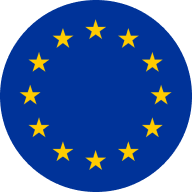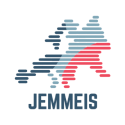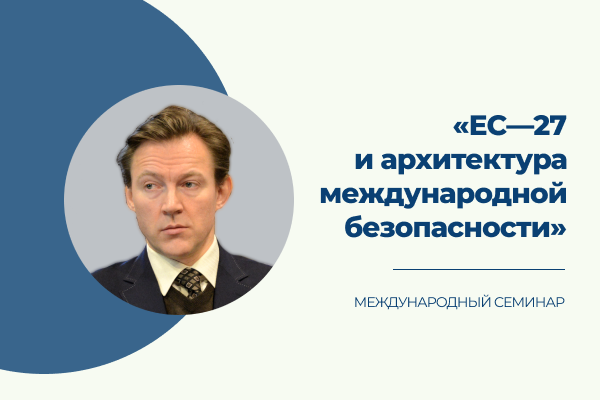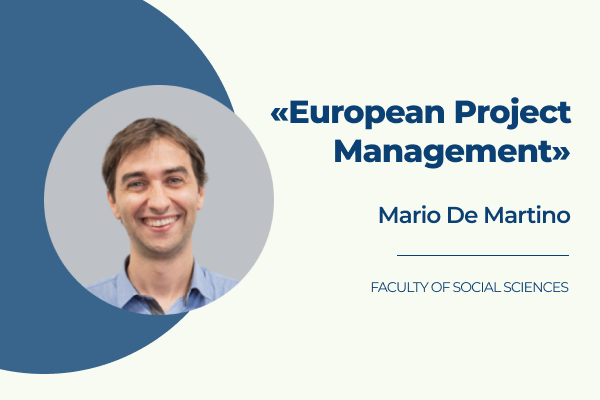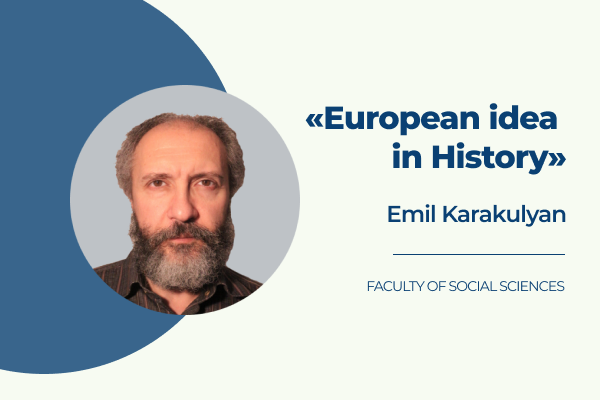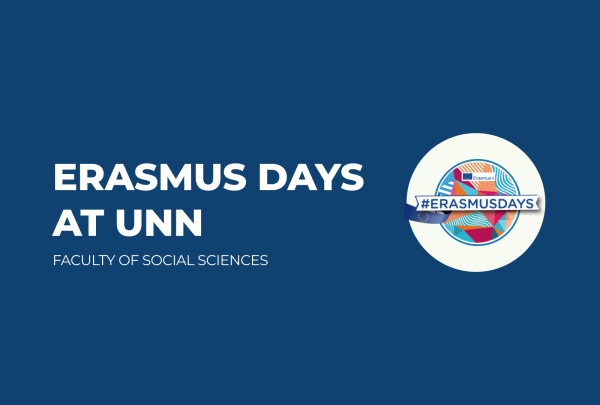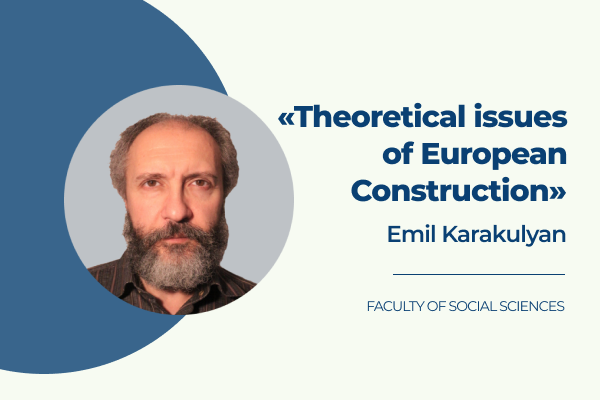I declare that the information given in this form is true, complete and accurate. No information requested or other material information has been omitted. I consent to the storage and processing of this data by Lobachevsky State University of Nizhny Novgorod.
I am aware that in the event of my submitting incomplete or inaccurate information, my application for admission will not be considered, and all the results I have received during my studies will be canceled (in case the applicant was enrolled at UNN).
I have been informed on the regulations of admission to UNN, on the tuition & accommodation fees.
I'm aware that after coming to Russia I must come to the International Students Office on the very first working day after arrival.
I am obliged to timely pay the tuition & accommodation fees.
I have been informed on the obligation to present a state-approved certificate of recognition confirming the correspondence of my foreign document on education to those issued by Russian educational institutions in order to enter UNN for undergraduate or postgraduate study.
I note that if I do not fully comply with these requirements, UNN has the right to cancel my application and I will have no claim against UNN in relation thereto.
